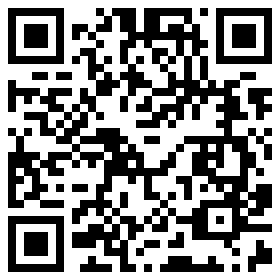Admissions
- Admission of 2016 Fall semester
- Why study in Yangtze University
- Chinese Government Scholarship
- What did our students say about YU
- The Procedures of Admission
- Yangtze University Admission
- Application Procedure
- List of Postgraduate and PhD Programs
- List of Undergraduate Programs
- The Agriculture School
- JW201 and JW202 Form
- Duration of Study in China universities
- When China universities start each year
Electrical Engineering
Mobile
| Offered by | Yangtze University | |
|---|---|---|
| Teaching language | English |

|
| Degree | Bachelor's degree | |
| Duration | 4Y | |
| Start date | 2022 autumn | |
| Tuition fee | RMB16000/Y | |
| Application fee (RMB) | 800 (RMB) / 140 (USD) | |
Duration: 4 years
Educational Objectives
This program nurtures high-quality technical talents with a broad adaptability, capabilities of such job fields related to electrical engineering, including systems operation, automatic control, power electronic technology, information processing, experimental analysis research and development, and Business Administration.
Skills Profile
Students of this program will accept education in the basic technology of electrical engineering and specialty knowledge, including Electrical Circuits, Electronics, Electromagnetic Field, Automatic Control, Computer Hardware and Software etc. They can also accept basic practical training of Electrical Engineering, including Power System, High Voltage, and Power Electronics etc. and have the abilities of analyzing and solving the problems in electrical engineering.
Students of this program should acquire the knowledge and abilities as follows:
1. Solid foundation in mathematics, physics and chemistry, and good foundation in humanities, sociology and managerial science, and the comprehensive ability in applications of Chinese language;
2. Basic technological theories required in this subject area, including Circuit Theory, Electronics, information processing, Automatic Control Theory, Computer Software and Hardware Technology, etc;
3. Abilities in practical engineering and applications of computer technology;
4. More knowledge and skills in the field of the subject; understanding of the trend of the latest development in this subject;
5. Broad adaptability to future work, and certain abilities of scientific researching, technology developing and managing.
Major Disciplines
Electrical Engineering, Computer Science and Technology, and Control Science and Engineering
Curriculum:
Advanced Mathematics, Linear Algebra, College Physics, C Language, Basis of Circuit Analysis, Signals and Systems, Analog Electronics, Digital Electronics, Sensing and Detecting Technology, Electrical Machinery, Power Electronics, Principle and application of single chip, Analysis of Power System, etc.
Practice Curriculum:
Experiments of electrician and electron, Singlechip theory and applied curriculum design, Curriculum design of electrical engineering, graduation design, etc.



